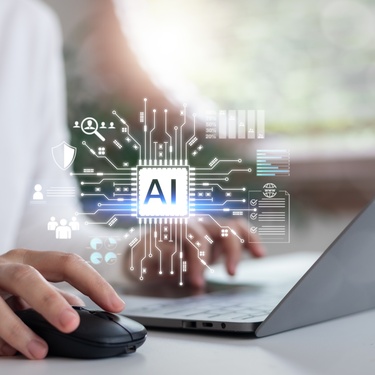
Artificial intelligence has transformed how companies recruit talent, but this technological revolution raises critical ethical questions. Whether you’re a hiring manager or a job seeker, understanding the ethical implications of using AI in hiring is key to moving forward safely and responsibly.
Bias Amplification Through Machine Learning
AI systems learn from historical data, which often contains embedded biases. When you train algorithms on past hiring decisions, they perpetuate existing discrimination patterns.
These systems may favor certain demographics while systematically excluding qualified candidates based on factors such as names, zip codes, or educational backgrounds. Before they impact real hiring decisions, you must actively audit AI tools to identify and eliminate these biased patterns.
Privacy Concerns and Data Collection
From social media activity to facial expressions during video interviews, modern AI hiring platforms collect vast amounts of personal information. You face significant privacy risks when companies gather this data without clear consent or transparent usage policies.
In order to effectively protect candidate information and comply with privacy regulations like the General Data Protection Regulation (GDPR) and the California Consumer Privacy Act (CCPA), organizations must establish strict data governance protocols.
Background Checks in the AI Era
Traditional background verification processes now integrate AI capabilities, creating new ethical considerations. When taking an in-depth look at background investigation services, you’ll likely discover that AI can process criminal records, credit histories, and social media profiles at unprecedented speed.
However, this efficiency comes with risks of false positives, outdated information, and invasions of privacy that disproportionately affect marginalized communities.
Transparency and Algorithmic Accountability
Many AI hiring systems operate as "black boxes," making decisions through processes that are difficult to understand or explain.
When candidates face rejection without clear reasoning, this lack of transparency creates serious accountability issues. Instead, you need systems that provide explainable outcomes so both hiring managers and applicants can understand how decisions were reached.
Moving Forward Responsibly
Now that you understand the ethical implications of using AI in hiring, you hopefully recognize the importance of implementing regular bias testing, establishing clear privacy policies, maintaining human oversight in final decisions, and guaranteeing transparency throughout the process.
Remember, success depends on balancing AI's efficiency benefits with fundamental ethical principles, including fairness, privacy, and transparency, in hiring practices.
Bio: Casey is a passionate copyeditor highly motivated to provide compelling SEO content in the digital marketing space. Her expertise includes a vast range of industries from highly technical, consumer, and lifestyle-based, with an emphasis on attention to detail and readability.




















